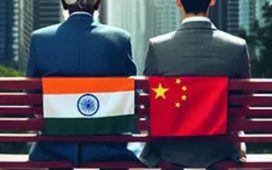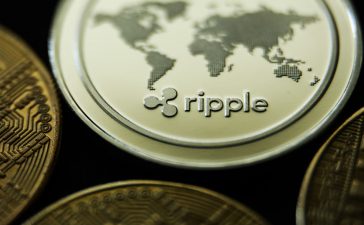
Considering that parliamentary proceedings are telecast live and clips are shared across social media, does it make sense to expunge proceedings? It does, once seen through a different lens. In the pre-digital age, expunging records meant blacking out comments. However, in a hyper-digital age, expunging comments, like recording them, are part of a fact-gathering-cum-checking process. Since comments have already been shared, expunging them neither curtails the MP’s right to make allegations (he or she needs to give prior notice) nor does it bar him or her from referring to the information. As due diligence, however, presiding officers can ask MPs to provide supporting documents underpinning their claims.
Instead of using the threat of expunging as a whip, let parliamentary expunction be used as a transparency tool. Proceedings can be marked as ‘expunged’. However, at the same time, reasons and rules under which such an action has been taken must be provided. Old tools and provisions must be repurposed for this effort, so that Parliament can keep functioning in a transparent and ethical manner.











